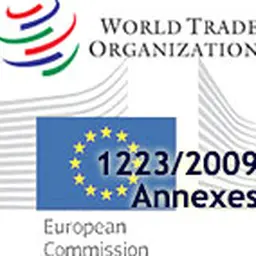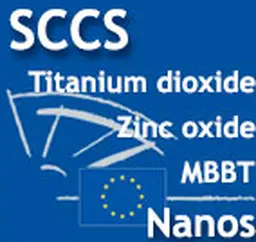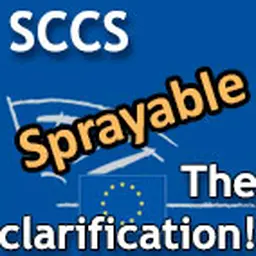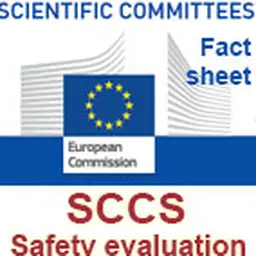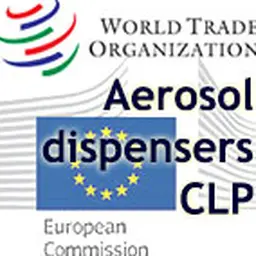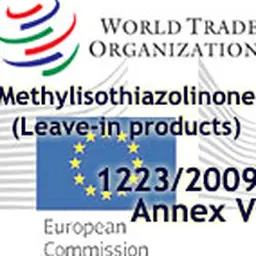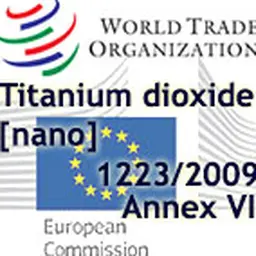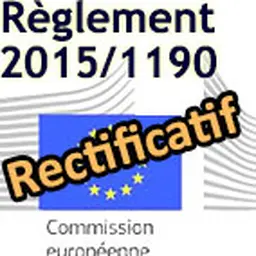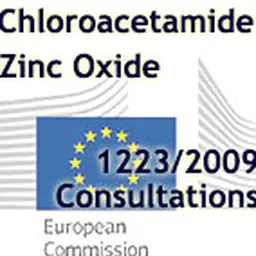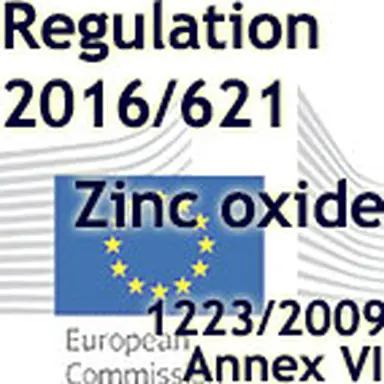
Although it was frequently used as such, Zinc oxide was not yet considered as a UV-filter by Cosmetics Regulation 1223/2009. It will be now with Regulation 2016/621 of 21 April 2016, amending its Annex VI, to include this substance in its non-nano and nano forms.
The whereas of regulation 2016/621
(1) The Scientific Committee on Cosmetic Products […] delivered an opinion on 25 June 2003, in which it stated that, in general, zinc oxide may be considered as a non-toxic substance, including when used in cosmetic products. However, the potential for absorption by inhalation was not considered […]. Following requests for clarification by the Commission, the [Committee] confirmed that the use of the non-nano zinc oxide in cosmetic products was safe up to a maximum concentration of 25% and that adequate data should be submitted for the risk assessment of zinc oxide in nano form.
(2) The SCCS was requested to perform a safety assessment of zinc oxide in nano form and delivered an Opinion on 18 September 2012, followed by an addendum of 23 July 2013. The SCCS concluded, on the basis of available evidence, that the use of zinc oxide nanoparticles with the characteristics as indicated, at a concentration up to 25% as a UV filter in sunscreens, can be considered not to pose a risk of adverse effects in humans after dermal application. In addition, the SCCS indicated that there is no evidence for the absorption of zinc oxide nanoparticles …



